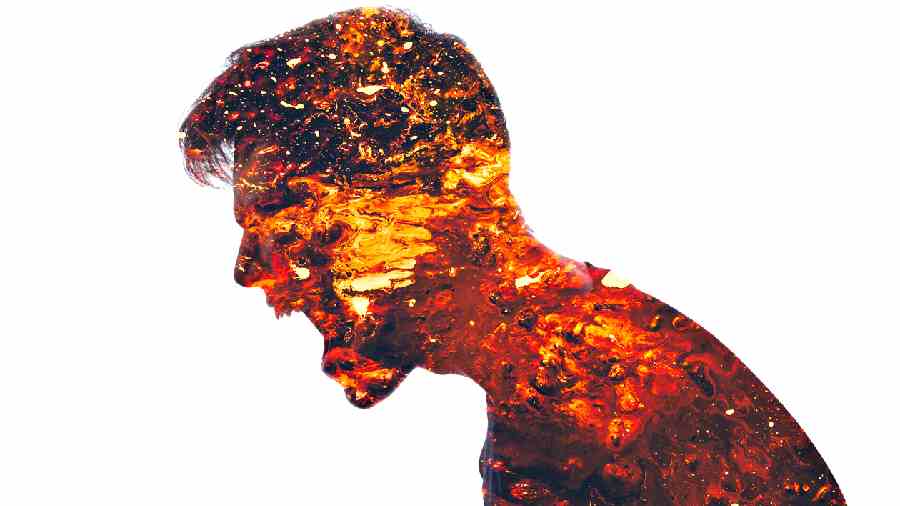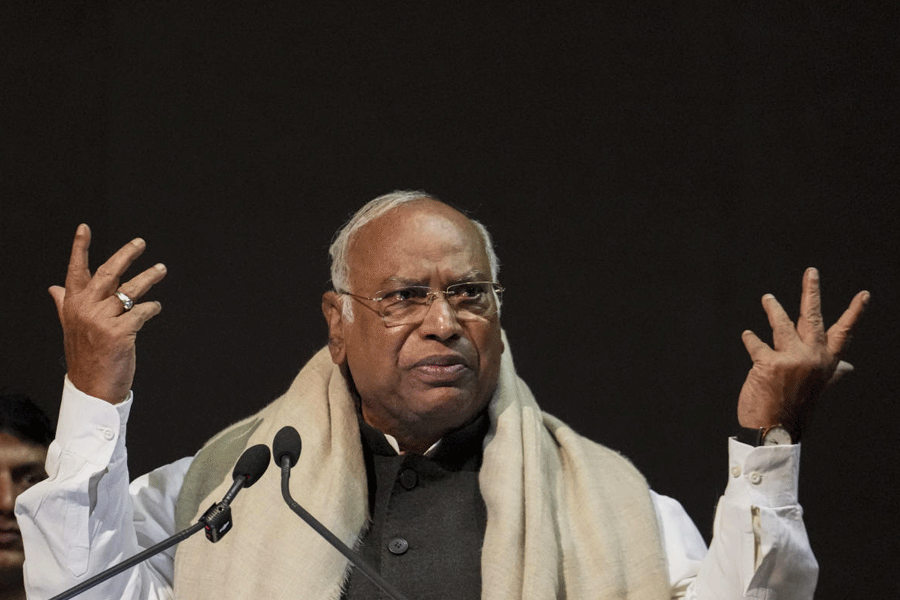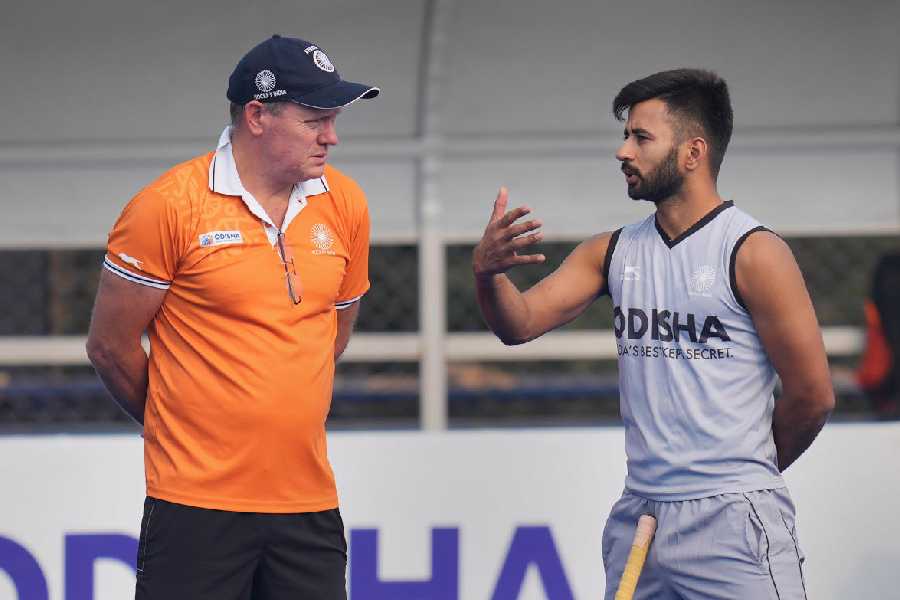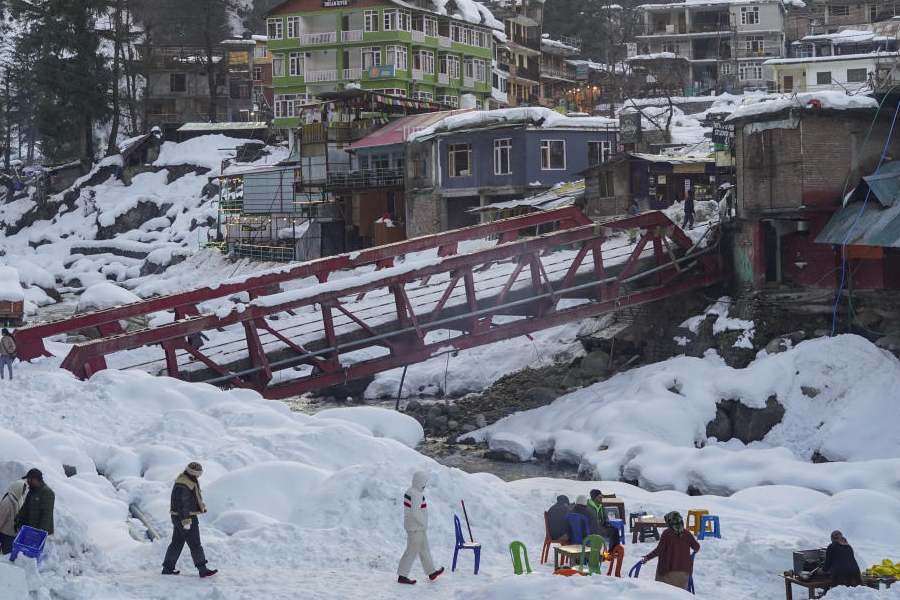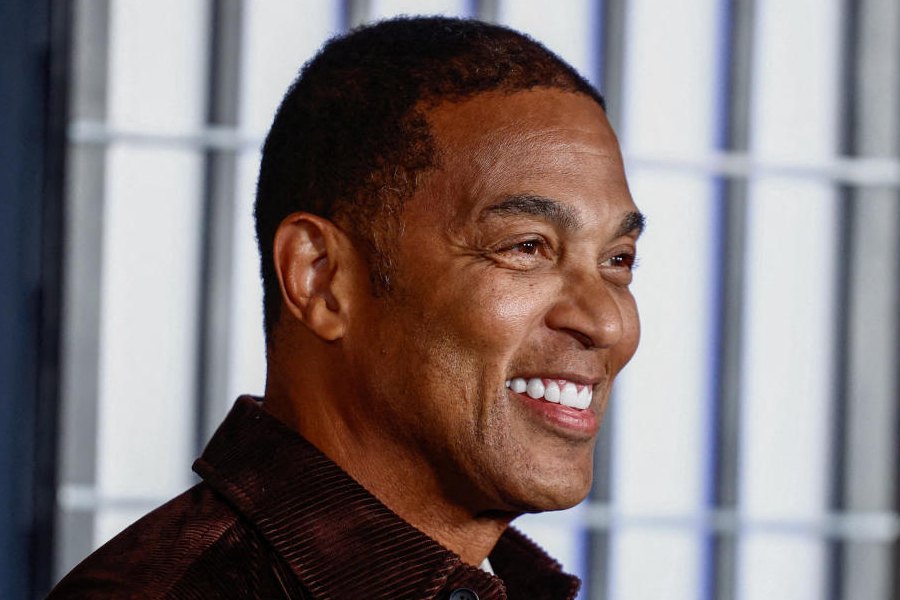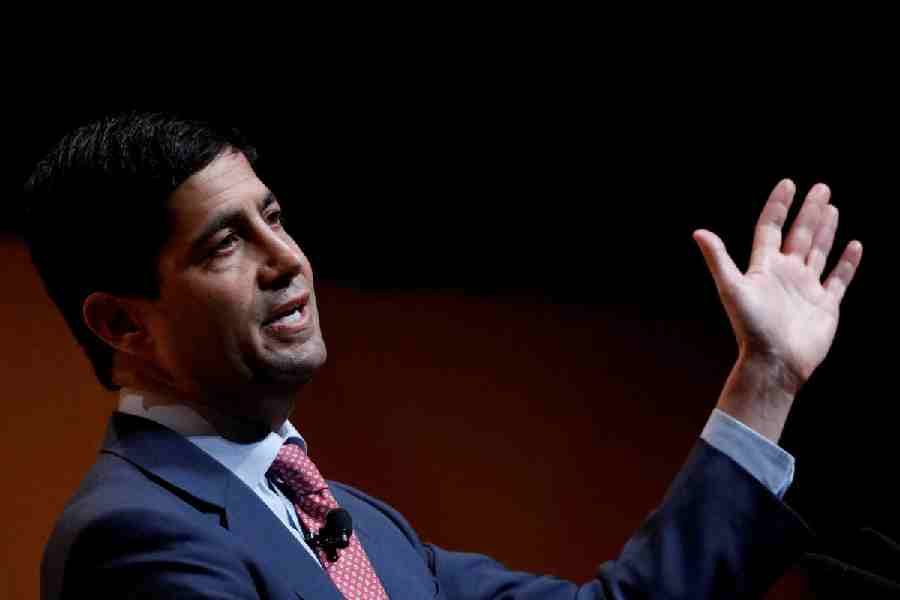Are the feelings of fear, hate and anger that overwhelm us today emerging from just the recent past? Or are they being aggravated by the incessant multiple and multidirectional bombardment?
Given my caste, sex and gender privileges, I have not really known violence in its stark avatar. When violence is not an everyday emotional and physical reality, life seems calmer, even prettier. For Muslims, Dalits, women and transpeople of this country, life has always been about facing compounded percentages of aggression.
But even members of marginalised communities point to a difference between the past and the present. They agree that something has changed. Social media has accentuated and exaggerated our feelings but it is not the cause for the explosion of violence. In the past, despite society’s oppressive nature, contestation was a possibility. There was breathing space, collectives could come together, and hate-mongers were periodically pushed back. Today, institutional sanction, violence becoming a badge of honour, and indemnity from punishment have led to a normalised state of fear. Many of us have responded by retreating into our shells and securing our own safety. Except for signing letters, writing periodic columns and the occasional meeting, many of us remain closeted in our homes. Those who do not have this luxury face the wrath of man’s worst qualities. Ironically, it is we — the protected privileged — who write reams on revitalising on-the-street activism!
Let us keep that aside for a moment and ask a deeper question. As so-called public intellectuals, how have we addressed hate and anger in our discourse? We explain them in terms of cause and effect or seek solutions in the philosophies and public actions of a Gandhi, an Ambedkar or a Nehru. These reminders are supposed to be learnings. But, more often than not, they turn out to be nostalgic recollections that lead nowhere. It is said that when a famous writer was asked how he writes so brilliantly, he responded, “because I do not read”.
Of course, this is not to be taken literally, but there is something profound that can be drawn from that thought. Irrespective of whether the impact is positive or negative, the past is a burden. Every time we seek to understand the life around us, instead of observing reality acutely, we reach backwards and hope that someone has already provided the answer. The past is our crutch, an escape from the hard, unforgiving reflection and action that are needed. Gandhi’s words or life will not save us and his stories have limited agency. We need to stop looking back and shed that baggage, even if it is momentarily empowering and comforting. The very fact that the past was also suffused with similar cycles of hate must inform us that we have not moved forward at the core. Interestingly, the perpetrators of violence also reach out to their version of the past and actors from a bygone era to substantiate their position. In their case, the same incidents of past violence are inspirations or triggers for retribution in the present. There is no difference in the two in how they deal with the present.
We need to learn to respond from our own location. And that begins with investigating the hate that is simmering within us. Hate often hides behind words such as pride and strength and, consequently, its true nature is oblique. Social conditioning has forced us to believe that the set to which we belong determines who we are as human beings. Belongings are defined by identity groups that we have structured. The group-name tags that we wear are who we are. Which means we are not free in mind or action. Our every thought is predetermined by a mini-mob mindset. Independence is superficial. The moment my sense of ‘self’ is synonymous with a group, I am programmed to defend that collective because I believe that without the group identity, I cease to exist. This is exactly why hatred, even if it is misguided or manipulated, is visceral to the person experiencing it and, hence, that much more potent and viral. Fear is just the other side of hate. Depending on whether the mode of engagement is offense or defence, they switch positions with one another.
In our country, hate and anger seem to originate from beyond specific political events or moments in time. Our uneven, feudal, social canvas has kept us separated and we have always been a fractured land. The need to control, dominate — even decimate — the assumed enemy or usurper has remained an active switch. The occasional eruptions that have dotted the 75 years since Independence were treated as geographically specific and limited events. But they never were. Each one was informing us that we are at war with ourselves and that unless we address this internal strife, it will consume us. But we ignored these warnings and made no effort to change our nature. Our entire social edifice continued to remain segmented. Our schools are buildings of hate. Homes and workplaces further entrench us within malevolent social markers. In such a situation, we should not be surprised that hate and anger dictate our lives. All it needed was someone to light the match and watch it spread like wild fire. The Rashtriya Swayamsevak Sangh and the Bharatiya Janata Party did this with élan.
Hate is not only coming towards us. It is also generated by us. Those of us who feel our idea of India is being dismantled also violently defend clusters of which we claim membership. Our language is offensive, filled with jabs and attacks. In the name of resisting the offender, we covertly sanction revenge. When governments belonging to our side of the political aisle commit blunders, perpetrate violence, sell out our people to major corporations, we remain silent. We rationalise these stances with ‘there is a larger monster’ argument. But the truth is we are aiding and abetting monstrosities. This is not a lazy, whataboutery accusation; rather it is a questioning of our conscience.
All of us hope that our hateful environment can be transformed into one of unlimited love but are unwilling to do the personal and social work required for that evolution. This requires a great amount of self-awareness and courage. Unconditional love and compassion are, unfortunately, not as easily felt or transferable. Unlike hate, there is no adversary for self-affirmation. Love is not a declared position, nor is it a reaction to hate. Love is sharing without expectation.
T.M. Krishna is a leading Indian musician and a prominent public intellectual

